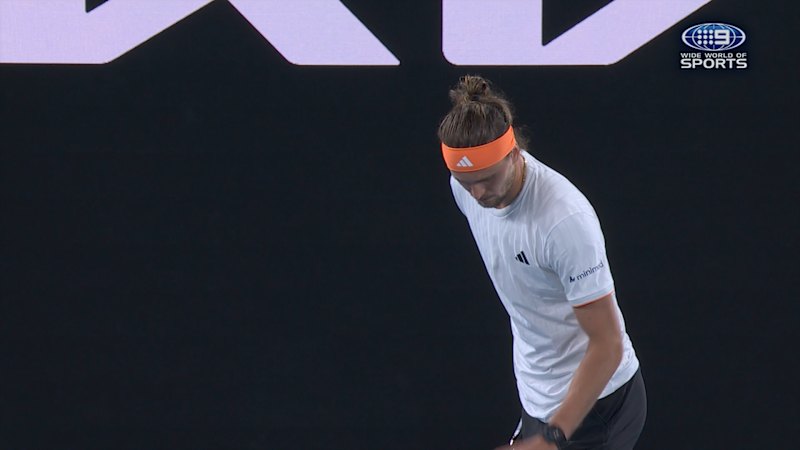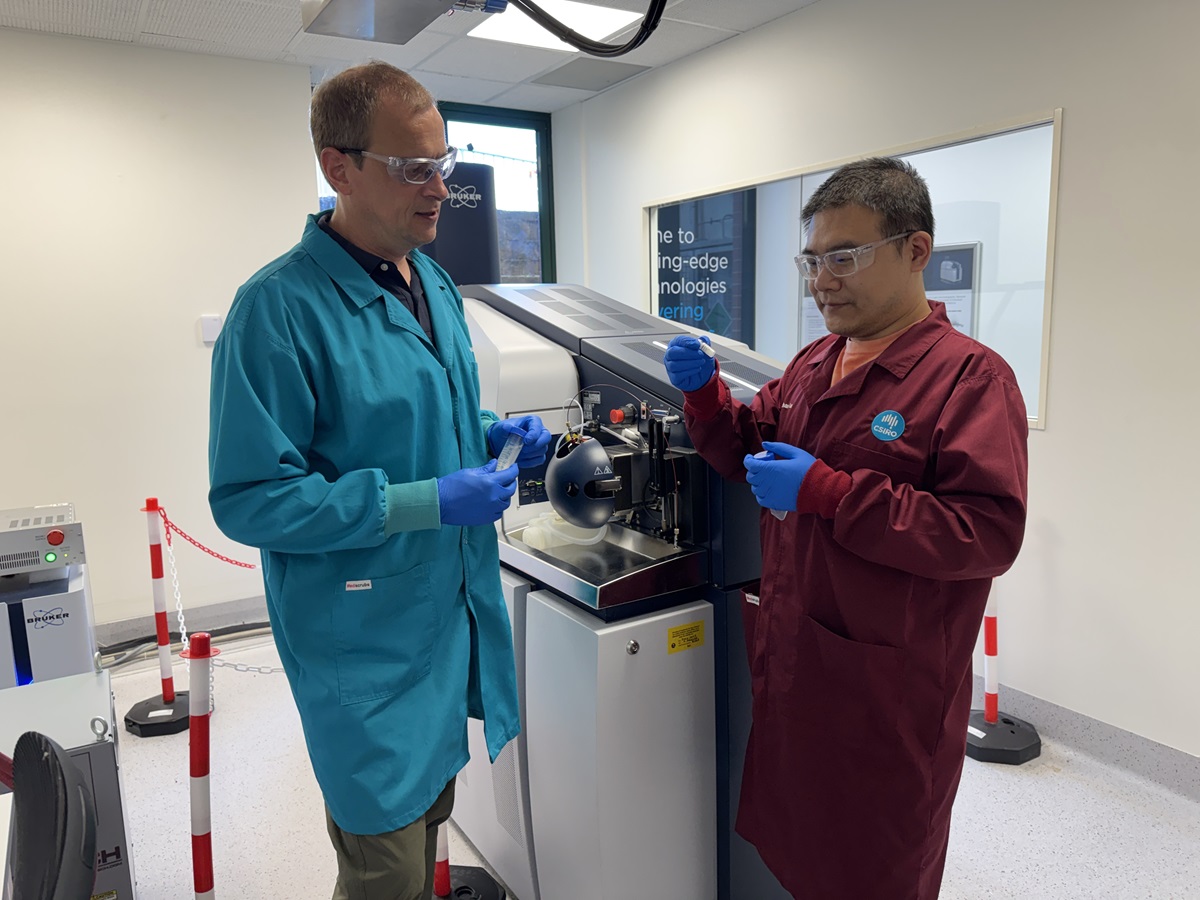
Australia is grappling with a significant engineering skills gap, the largest it has seen in over a decade. Research conducted by Swinburne University highlights a troubling trend: fewer students are choosing high-level mathematics subjects during their final years of high school, contributing to this widening skills gap. The study sheds light on the barriers preventing promising students from pursuing careers in fields with high demand for mathematical knowledge.
According to the lead author, Swinburne STEM expert Dr. Emily Cook, understanding the challenges that students face in selecting mathematics is crucial. “We need to meet students where they are to show the benefits of maths,” she emphasizes. The research indicates that students constantly reassess their subject choices throughout their studies, influenced by various factors, including their workload, stress levels, enjoyment, and motivation.
Many students find mathematics either too difficult or insufficiently challenging. Some do not realize the necessity of mathematics for their future pathways until it is too late, effectively shutting themselves out of lucrative opportunities. A significant barrier identified in the research is the difficulty students face in returning to mathematics after a break.
Dr. Cook explains, “Maths methods in particular were found to be really hard to catch up on if classes were missed, so several students struggled if they missed time for reasons related to health or other subject pressures.” This situation highlights a critical flaw in the STEM pipeline: when a student is forced to drop to a lower mathematics subject, they may forfeit access to tertiary education and career paths that rely on higher-level mathematics.
The influence of teachers and parents also plays a significant role in students’ ongoing decision-making processes. According to Dr. Cook, while the streaming of students into specific classes may be intended to serve their best interests, it can inadvertently limit those who develop an interest in mathematics later on. “Students may find they have ‘missed the boat’,” she warns, as they struggle to re-enter higher-level maths courses.
Other known challenges include the shortage of qualified mathematics teachers, university prerequisites, and the complexities of the ATAR system, all of which further complicate student choices.
Addressing this crisis is not straightforward. Dr. Cook notes that mathematics is essential not only for various university degrees but also for developing critical problem-solving skills valuable in the workforce. Demand for strong mathematical knowledge exists across numerous sectors, including engineering, mining, finance, health, and data science.
“Setting up systems that allow and encourage more students to choose higher-level maths would benefit all of Australia,” Dr. Cook concludes. As the nation confronts this skills gap, it is imperative to rethink approaches to mathematics education to ensure that future generations are equipped with the skills necessary to thrive in an increasingly competitive job market.





